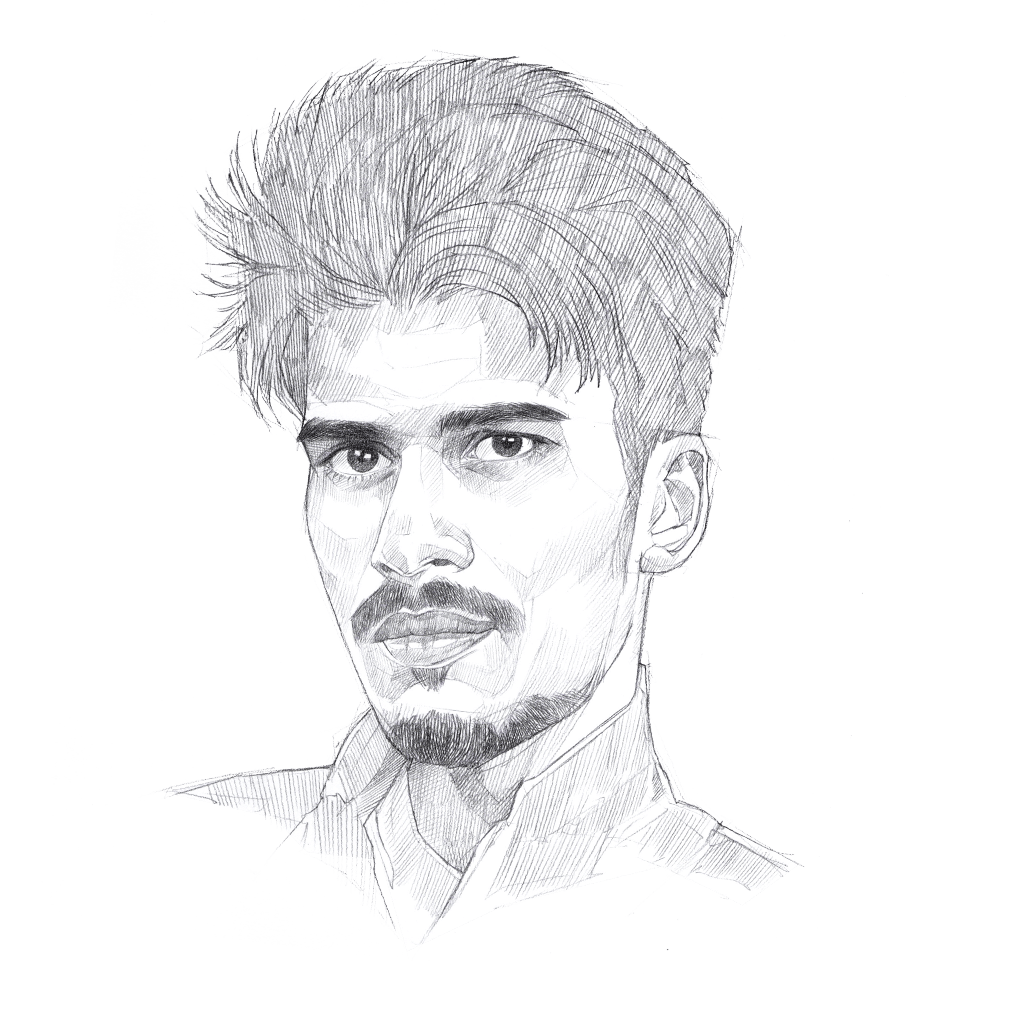MSVU
Facilitator: We do have a lot of body contact with friends. Participant 1: But you don’t want strangers touching your body. You can have my approval to touch me everywhere, but if a stranger touches…
I heard someone say there is racial discrimination here, so I may not choose to go to the police. I have a hypothesis that if we have been sexually assaulted in Canada, can we report…
I have another piece of advice about precaution. I think when we talk to our professor, we need to keep the door open when we talk in a narrow space in his/her office because I’m…
Participant 1: I would like an experienced person [to provide support following a sexual assault experience]. Participant 2: You mean they have professional knowledge and backgrounds? Participant 1: Besides, we also want to keep our…
Participant 2: [If a friend discloses to me], I think the first thing is to understand her. I will tell her that experiencing sexual assault is not her fault, and I will search for some…
Participant 1: It’s just that we are used to sexual assault. We don’t really talk about it back home, right? Participant 2: Right, like it happens but it’s not something that is talked about that…
To understand somebody [who has experienced sexual assault] and to be able to communicate with someone, you have to choose your words carefully. You have to choose your thoughts, cause thoughts leads to words, and…
Facilitator: Yeah, cause like, in Africa, if it happens, then it was your fault. Most times in Africa, they tell you [the person] raped you because, “I told you not to wear that short skirt.”…
Participant 1: In this policy, it seems as if the – Participant 2: […] The complainant? Participant 1: Yeah, that they have a voice. They have a choice to do what – Participant 2: They…
How do we condemn [someone accused of sexual assault] just because somebody came forward and said “Oh, I was sexually assaulted”? Like, do you do different investigations? Do we give more voice to the person…

